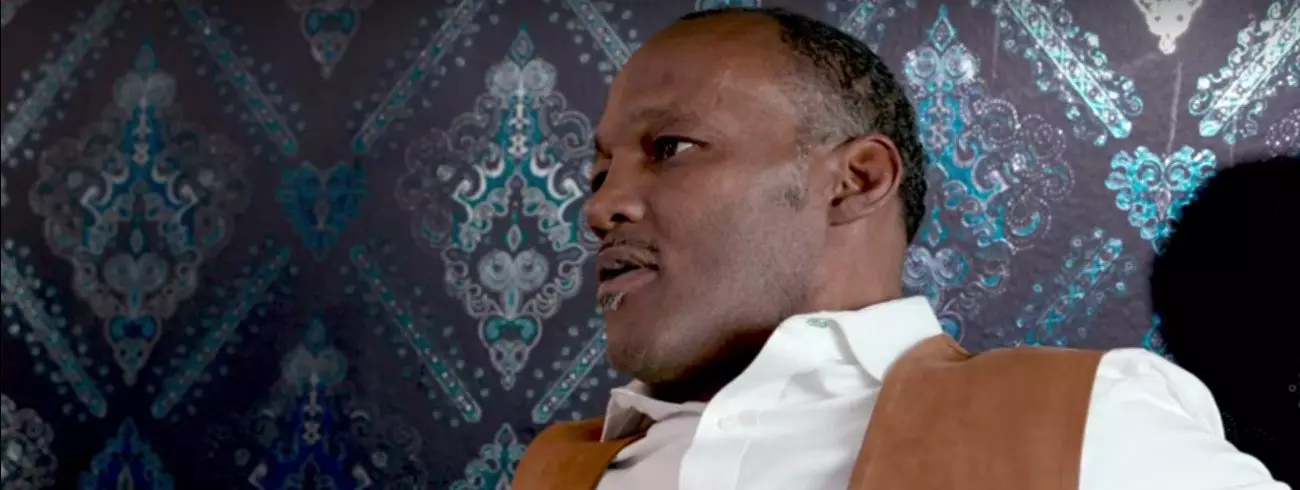The world of sports is often characterized by triumph and the thrill of victory, yet behind the glimmering accolades of champions often lies a shadow of personal struggles. Donald Curry, once hailed as a boxing prodigy and dubbed “the next Sugar Ray Leonard,” is one such champion experiencing the harsh realities of life outside the ring. At 63 years of age, Curry is contending with the devastating diagnosis of Traumatic Encephalopathy Syndrome (TES), a condition that has irrevocably impacted his cognitive abilities and emotional health.
Curry’s peak was marked by incredible achievements in the welterweight and light-middleweight divisions, establishing him as one of the most formidable fighters of his era. However, the relentless nature of boxing, known for its physical toll, has left Curry facing a deeply personal battle that many in the industry are unaware of. The revelation of his condition is not just a blow to his legacy but highlights a pressing issue within the sporting framework regarding athlete mental health and long-term care post-retirement.
The situation around Curry has become dire, leading his son, Donovan, to publicly seek help for his father. In an emotional social media message, Donovan detailed the lapse from a supportive care facility where Curry had been receiving treatment to his current living conditions in a Fort Worth hotel. It is a heart-wrenching narrative that showcases the family’s struggle to navigate an often indifferent healthcare system for retired athletes, especially those afflicted by conditions such as TES.
The plea for assistance underscores an urgent necessity for resources dedicated to supporting former athletes dealing with the often-hidden consequences of their careers. Donovan’s call for help highlights not merely the family’s predicament but a systemic issue that many former athletes face when their sporting years dwindle—the lack of adequate and accessible healthcare tailored to their unique needs.
The Weight of Legacy and Loneliness
Curry’s story is emblematic of the price paid by countless athletes who dedicate their lives to the sport. The perception of strength and invincibility that comes with being a champion can tragically mask the vulnerabilities that many face later in life. The communal accolades and mass admiration are often replaced by isolation and the struggle for basic support.
While Curry’s illustrious past is celebrated by fans and fellow boxers alike, those sympathies can feel distant for him. The boxing community, known for its camaraderie, must rise to the occasion and rally around its champions in their times of need. It is deeply disheartening to consider that the very people who once cheered for Curry are now faced with the stark reality of his illness and the limitations it imposes on him.
Donald Curry, as well as other athletes like Wilfred Benitez, whose condition is even more arduous, beckons a growing dialog on mental health and support systems in sports. They deserve compassion and proactive solutions from a community that has profited from their sacrifices. The cries for help from Donovan should not only resonate with boxing fans but prompt actionable support—whether through fundraising efforts, awareness campaigns, or partnerships with healthcare organizations to provide the necessary care.
As Curry battles the unyielding forces of his medical condition, the hope is that others in the boxing world will help him step outside the shadows cast by his illness. For a man who once brought joy and pride to many, it’s time for the community to come together, not just in memory of his glory days, but in a genuine effort to provide him the essential support he now requires.
In considering Donald Curry’s plight, we are reminded that the path of athletes extends far beyond their performances in the ring. The recognition of their struggles post-retirement is crucial for fostering a culture that cherishes its champions not only for their achievements but also for their humanity. Hence, as the boxing world rallies to lend a hand where needed, it becomes imperative for all sectors involved—from fans to professionals—to advocate for sustainable support systems that look after athletes long before and after the final bell tolls. The hope is that soon, Donald Curry’s fight will find resolution not just through medical intervention, but through the robust support of those he once inspired in the vibrant world of boxing.

